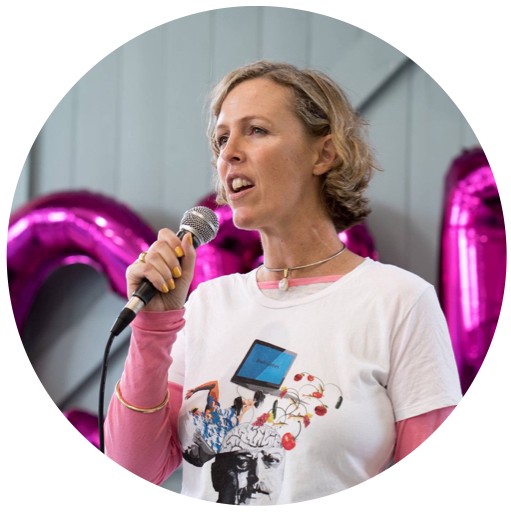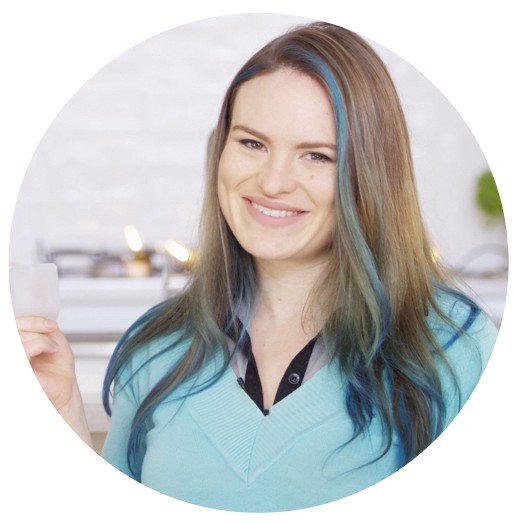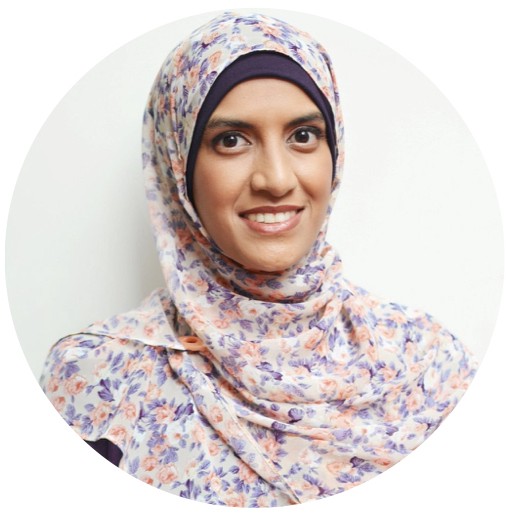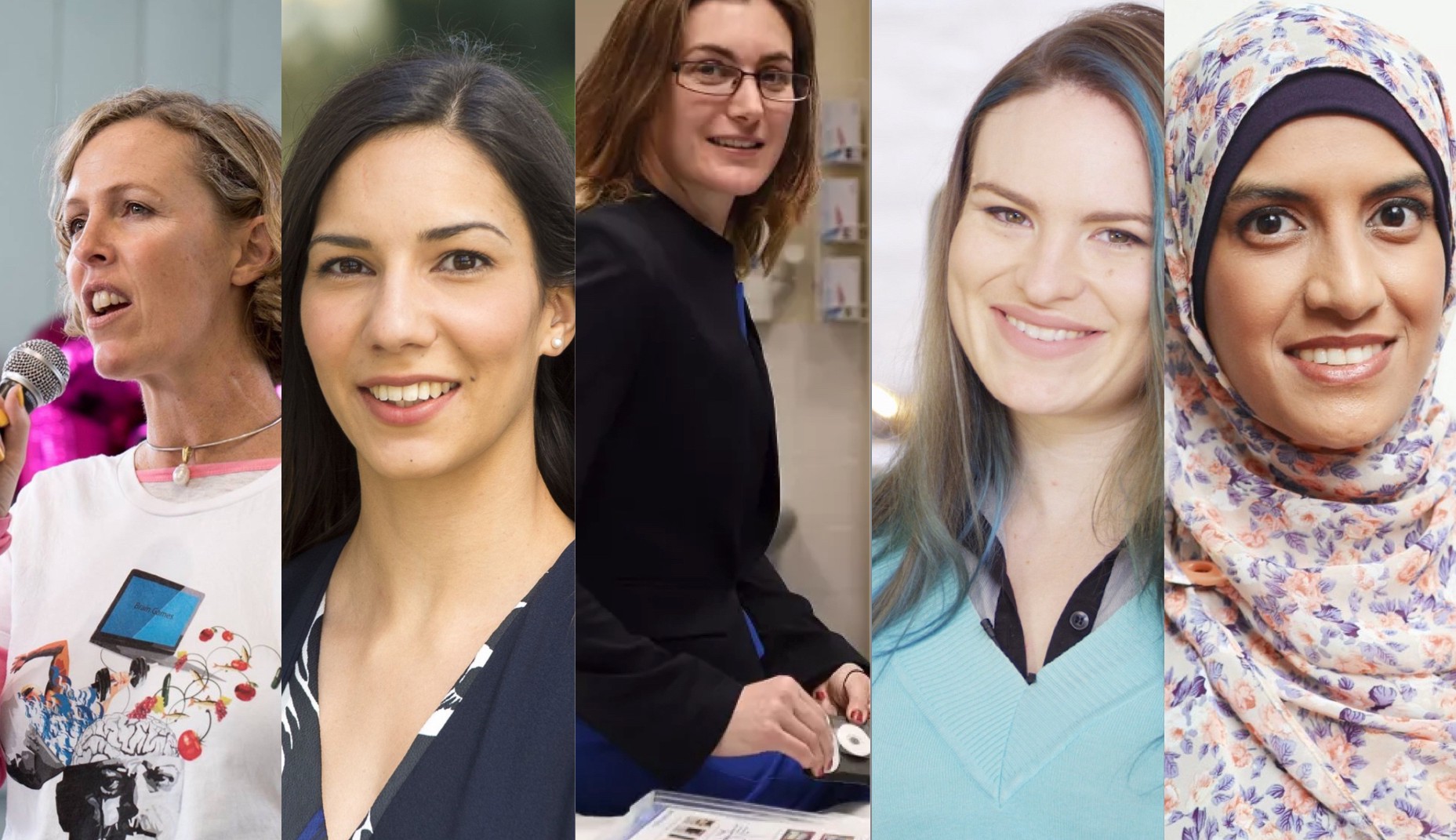Women have long been relegated to the sidelines in the history of science and technology. While society has significantly progressed since then, women in STEM are still often ignored even in 2018. Today, on International Women’s Day, we here at Health Horizon would like to celebrate five incredible Australian women whose achievements in health and medicine definitely deserve the spotlight.
Ladies, it’s finally your time to shine.

1. Tina McIntosh, Brain Changer
One in five people in Australia and almost two billion people worldwide suffer from chronic pain. For over a decade, Tina McIntosh from Canberra was one of them, until she discovered Graded Exposure, a technique that gradually desensitizes the nervous system to pain.
Progress with the approach, however, is only possible with repetition. This inspired Tina to create Brain Changer, a daily card-based program that simultaneously educates users on proper pain management techniques while acting as a pacing tool for the application of these techniques. Users and health care practitioners can then monitor progress over time using a partner app, helping reduce pain flare-ups. While deceivingly simple, Brain Changer has been hailed by GPs, pain psychologists, and physiotherapists as the “missing piece of the pain puzzle.”

2. Dr. Hannah Kirk, TALI Train
Ever find yourself easily distracted, constantly fidgeting, and unable to focus? For most of us, occasional attention deficiency is a normal part of life. Sadly, in Australia, around 450,000 people have severe attention difficulties — with this number increasing to over a 136 million people worldwide. In adults, these difficulties can compromise career opportunities and social relationships, potentially also affecting mental health.
Such problems may be prevented by treating these attention issues during childhood. In response to this, Dr. Hannah Kirk, of Monash University in Melbourne, developed TALI Train: a home-based tablet game that trains susceptible children to maintain focus, ignore distractions, and avoid impulsive behavior.
As each TALI exercise changes its difficulty in real-time, children are kept constantly challenged. Exercise scores can then be viewed by healthcare professionals through a web portal, allowing them to assess a child’s daily performance and identify areas of improvement. Outcomes of TALI Train have been evaluated in high-impact research journals, making it a clinically-proven approach.

3. Sarah McDonald, Oli
Typically, women in labor have two devices attached to giant elastic bands wrapped around their torso: one monitoring fetal heart rate and the other, contraction frequency. These bands are restrictive and cumbersome, exacerbating the already stressful process of labor. For Sarah McDonald, a PhD candidate at the University of Sydney and mother of two, there had to be a less invasive way of assessing the progress of labor. So she invented one.
Oli is a non-invasive wireless patch that monitors in real-time both fetal heartbeat and labor contractions. As each woman’s labor experience is unique, data from the patch can be used by the obstetrics team to determine when (or if) interventions are needed.
With Oli, women can also walk around freely, shower, and even take a full-blown bath. Although Oli is currently still in its proof-of-concept stage, it’s now one step closer to becoming a reality — thanks to an impressive $1.47 million grant from the NSW government’s Medical Devices Fund.

4. Alix O’Hara, Mashblox
It’s no secret babies love to put things in their mouth. Their own feet, toys, even dogs — you name it. But when it comes to eating actual food, many babies suddenly become fussy eaters.
To circumvent this, local Canberran Alix O’Hara created Mashblox, hollow silicon building blocks combining food and plaything into a singular, ingenious concept. Food placed within the Mashblox is released into the infant’s mouth through a gentle squeezing motion, letting them manage their own dietary intake.
Allowing children to feed themselves may also be the key to solving Australia’s growing infant obesity pandemic. After all, spoon-feeding infants often results in too much food being taken in. Hitting two birds with one stone, Mashblox not only manages fussy eating but also prevents infant obesity by giving babies control over their diet…in toy form!

5. Heba Shaheed, Pelvic Expert
Since it’s International Women’s Day AND Endometriosis Awareness Month, it’s only fitting that we round this list up with Heba Shaheed. Just like Tina McIntosh, Heba suffered from debilitating chronic pain. It was only after a visit to a women’s health physiotherapist that Heba found out her pain stemmed from multiple chronic pelvic conditions, including endometriosis. This inspired Heba to study women’s and pelvic health physiotherapy and set up a thriving Sydney CBD practice.
After falling pregnant herself, Heba resigned from her practice and found The Pelvic Expert, an online wellbeing platform offering evidence-based programs that could help women overcome chronic pelvic pain, menstrual issues, and postpartum stress. Educational resources on pregnancy, motherhood, and nutrition are also offered, along with exercises to improve pelvic floor fitness and other similar issues. In today’s digital world, empowering women’s health has never been easier.
Interested in where these innovations will go next? You can find all these amazing innovations in our Health Horizon International Women’s Day Collection.

